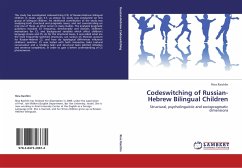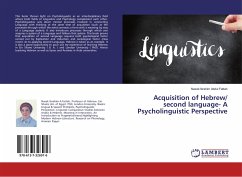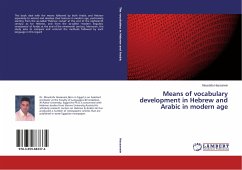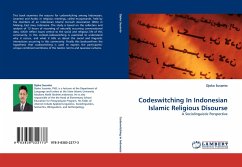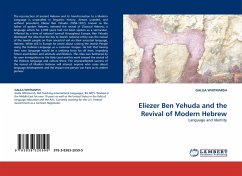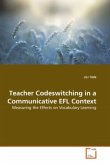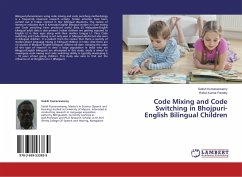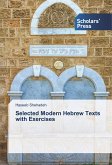This study has investigated codeswitching (CS) of Russian-Hebrew bilingual children in Israel, ages 5-7, as almost no study was conducted on this group of bilingual children. An additional contribution of the study was analyzing both structural and pragmatic issues, and not concentrating on only one of these, as often occurs in many studies. The analyzed pragmatic questions included CS frequency, directionality and domain, children's motivations for CS, and background variables which affect children's language choice and CS. As for the structural issues, it was asked what are the most frequently switched structures, can various CS theories account for Russian-Hebrew CS, and how do typological differences influence children's switches. CS was tested with both interactive tasks (natural conversation and a retelling task) and structural tasks (elicited imitation and sentence completion), in order to gain a better understanding of CS phenomenon.
Bitte wählen Sie Ihr Anliegen aus.
Rechnungen
Retourenschein anfordern
Bestellstatus
Storno

